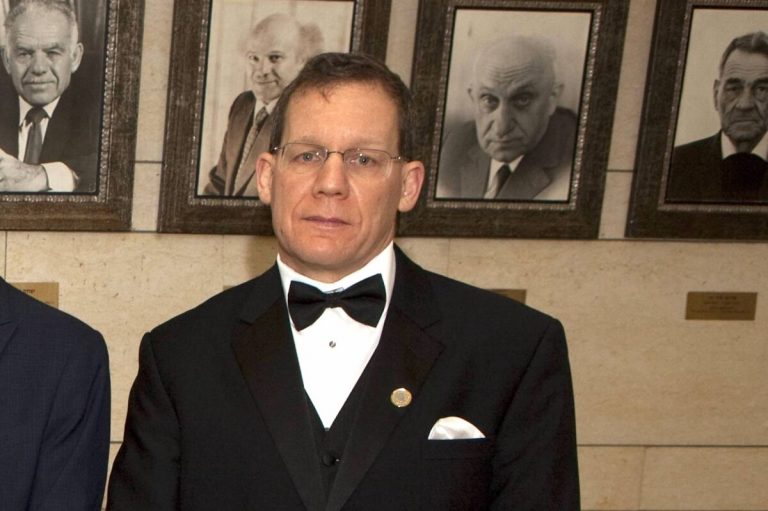On Dec. 22, the U.S. Department of Justice moved to convict Harvard nanoscientist Charles Lieber for lying about his involvement with a recruitment program with ties to the Chinese government.
Lieber, 62, is the former chair of Harvard’s Chemistry and Chemical Biology Department. He was found guilty of two counts of “making false statements to federal authorities, two counts of making and subscribing a false income tax return, and two counts of failing to file reports of foreign bank and financial accounts with the Internal Revenue Service.”
In addition, Lieber’s research group at Harvard had received over $15 million in funding from the National Institutes of Health (NIH) and the Department of Defense (DoD). The jury deliberated for 45 minutes before deciding to find Lieber guilty of his affiliation with the Wuhan University of Technology (WUT), along with an affiliate lab, that some have speculated the COVID-19 virus may have originated from.
READ MORE:
Harvard Professor Goes on Trial, Admits to Taking Chinese Money
Lieber was also accused of not disclosing the sizable funding received from the NIH and DoD, which points to financial conflicts of interest.
Success
You are now signed up for our newsletter
Success
Check your email to complete sign up
Lieber’s defense attorney Marc Mukasey argued that prosecutors lacked evidence for the charges and maintained that investigators didn’t keep any record of their interviews with Lieber prior to his arrest.
Mukasey further argued that prosecutors would be unable to prove that Lieber acted “knowingly, intentionally, or willfully, or that he made any material false statement.” He also stressed that Lieber wasn’t charged with illegally transferring any U.S. technology or proprietary information to China and did not act with malicious intent.
Mendell: “There is no question Lieber lied”
According to prosecutors, Lieber was being paid a monthly stipend of $50,000 by the WUT, up to $158,000 in living expenses and an additional $1.5 million to establish a nanoscience research lab at the university, all of which he denied disclosing to U.S. authorities.
In exchange, prosecutors say Lieber agreed to publish articles, organize international conferences and apply for patents on behalf of the WUT.
Lieber was also affiliated with China’s Thousand Talents Program, which the department called “one of the most prominent talent recruitment plans designed to attract, recruit and cultivate high-level scientific talent in furtherance of China’s scientific development, economic prosperity and national security.” He had previously denied affiliation with the recruitment program.
Acting U.S. attorney Nathaniel Mendell said in a statement released today that “there is now no question that Charles Lieber lied to federal investigators and to Harvard in an attempt to hide his participation in the Chinese Thousand Talents Program.”
“He lied to the IRS about the money he was paid, and he concealed his Chinese bank account from the United States. The jury followed the evidence and the law to a just verdict,” Mendell continued.
Patrick Hegarty, an analysis agent spearheading the Northeast field office for the Defense Criminal Investigative Service, similarly said in a statement that Lieber “eroded the trust the DoD has in its researchers to prioritize the United States and its service members over foreign governments, and over personal financial gain.”
The case is among the highest profile to stem from the U.S. Department of Justice’s “China Initiative.” Launched in 2018 under the Trump administration, the Initiative has seen the scrutinization of thousands of researchers for possible links to the Chinese Communist Party (CCP) and its efforts to steal information from America’s advanced tech sector. Several high-profile cases have included researchers who were also officers in the regime’s People’s Liberation Army (PLA).
Some have criticized the Initiative, saying that it unfairly targets people of Chinese and Asian descent. The U.S. government has frequently stressed that its efforts target espionage and other illicit activity, not ethnic groups.
Hundreds of faculty members from Stanford, Yale, Berkeley, Princeton, and other prominent universities have signed letters addressed to U.S. Attorney General Merrick Garland, calling on him to end the initiative.
Lieber’s sentencing date has not yet been scheduled and he has been placed on paid administrative leave from Harvard since being arrested in January 2020.















